AP World History Period 2
1/79
There's no tags or description
Looks like no tags are added yet.
Name | Mastery | Learn | Test | Matching | Spaced | Call with Kai |
|---|
No analytics yet
Send a link to your students to track their progress
80 Terms
Ahura Mazda
In Zoroastrianism, the good god who rules the world.
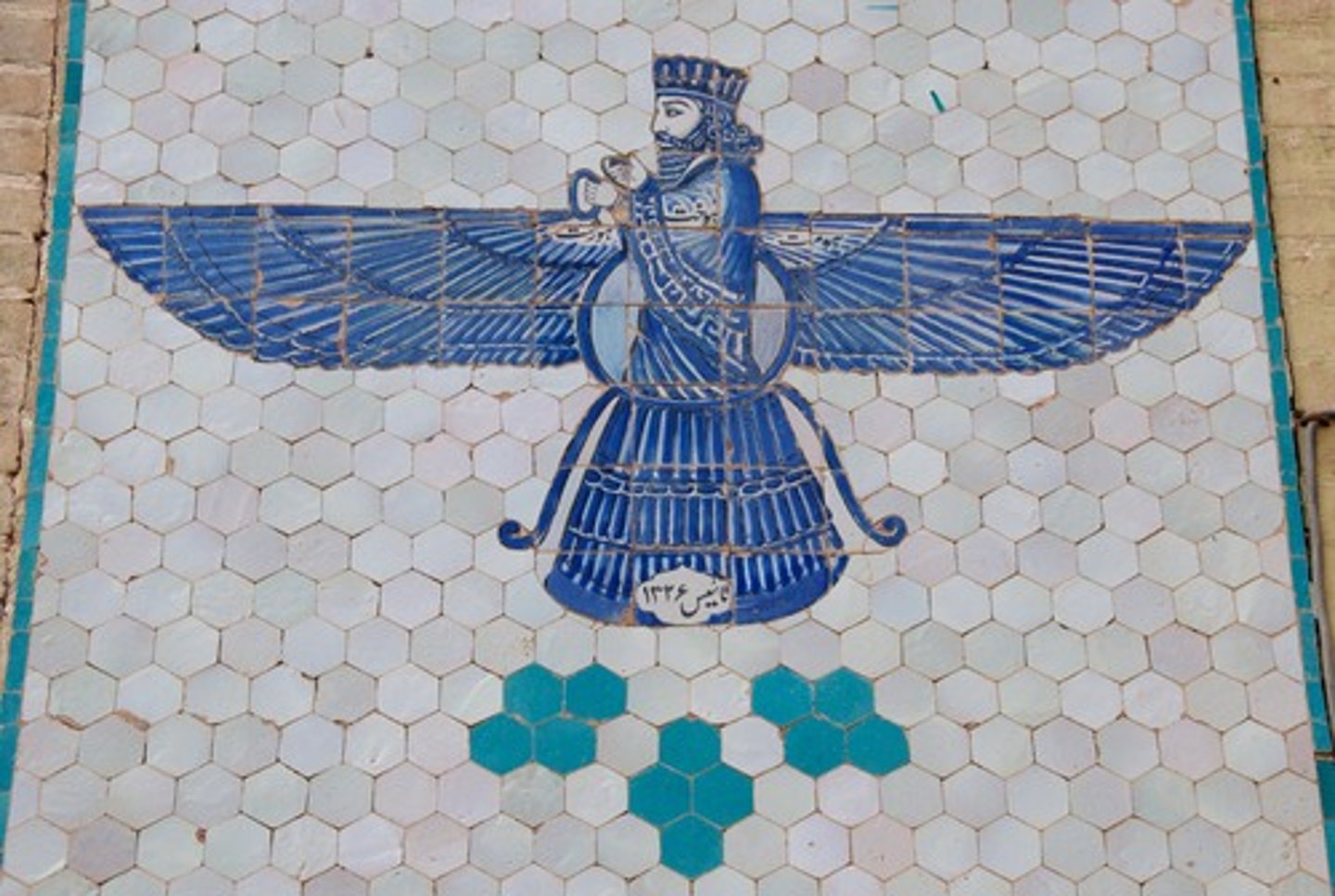
Alexander the Great
Alexander III of Macedon (356-323 B.C.E.), conqueror of the Persian Empire and part of northwest India.
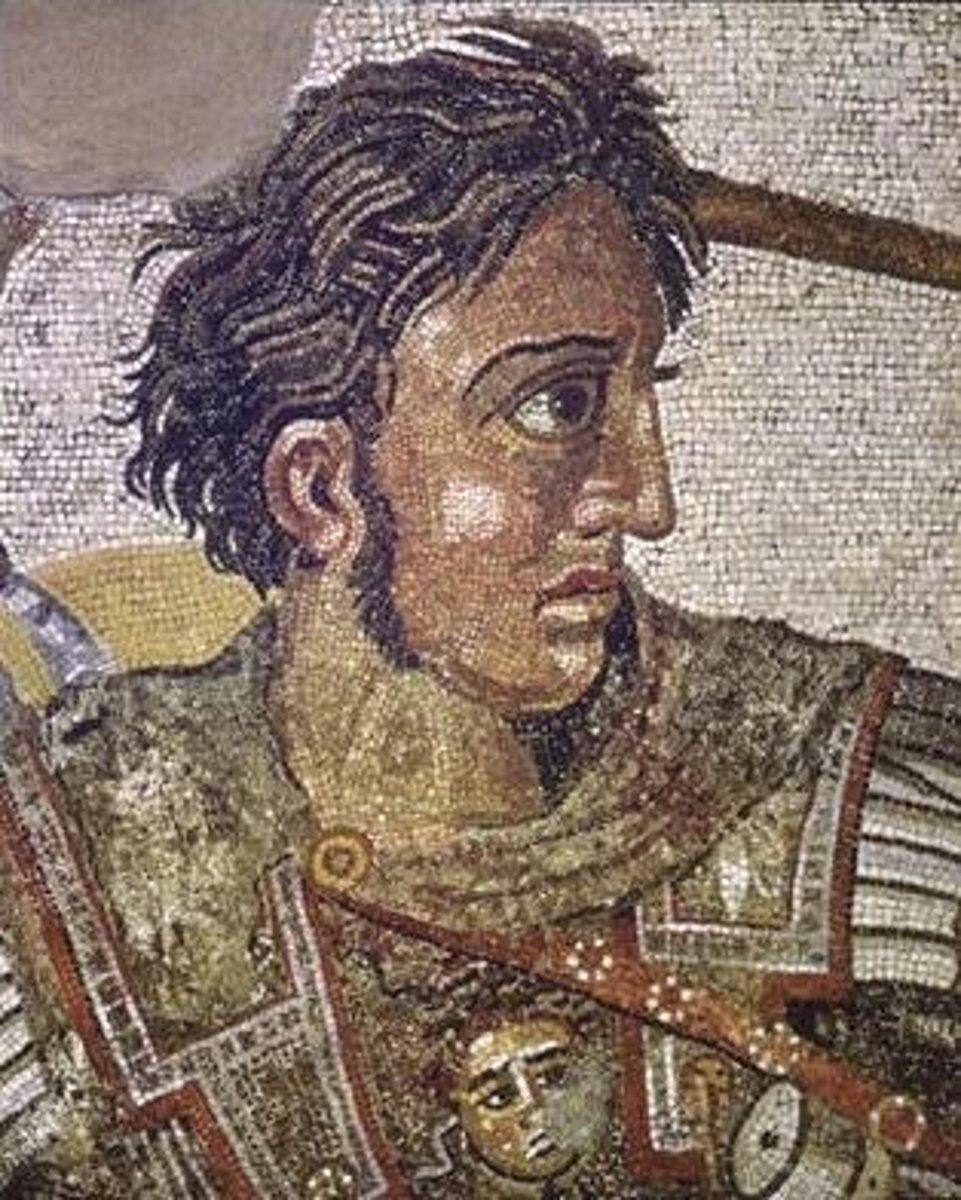
Aryans
Indo-European pastoralists who moved into India about the time of the collapse of the Indus Valley civilization; their role in causing this collapse is still debated by historians.
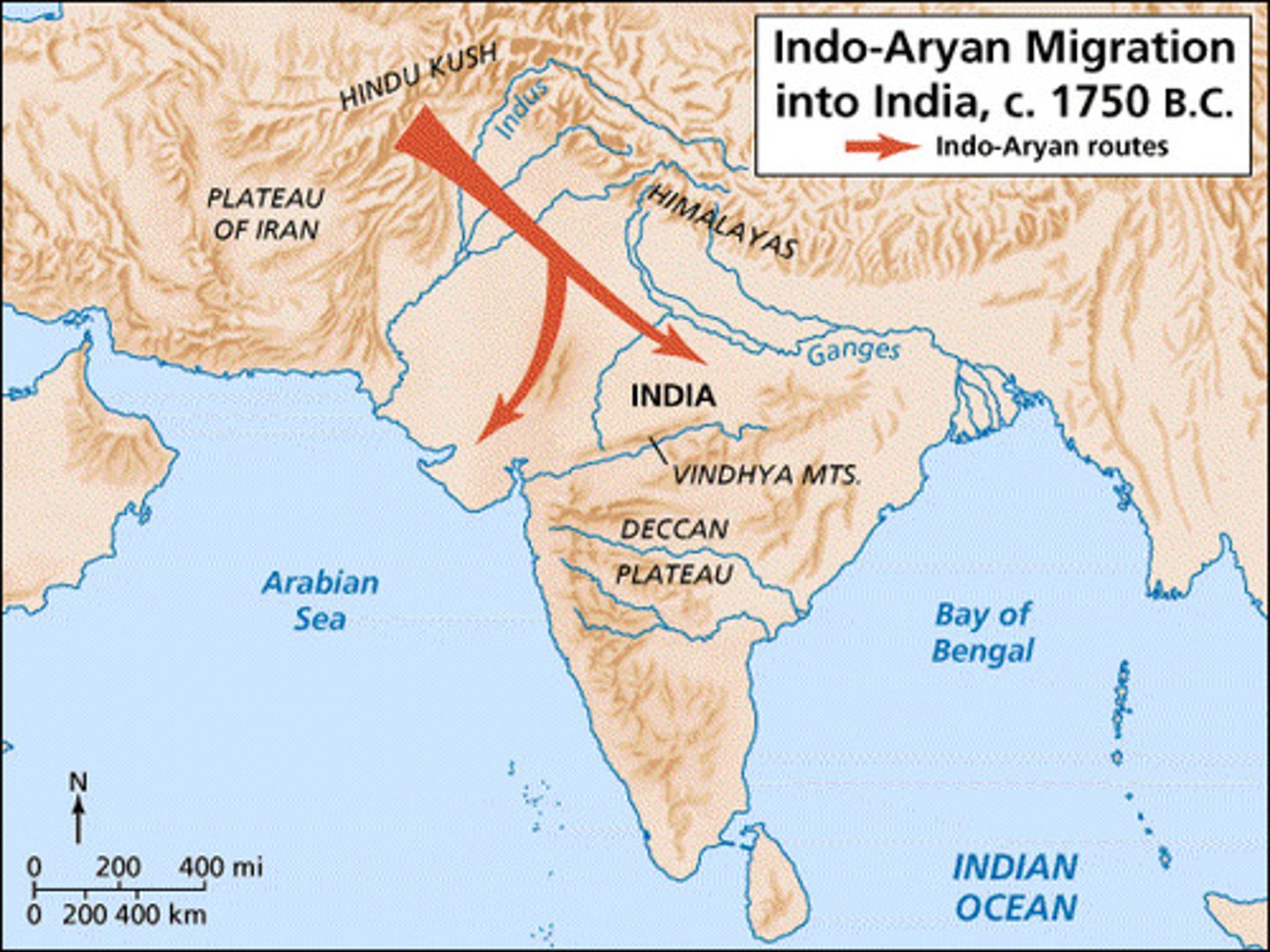
Ashoka
The most famous ruler of the Mauryan Empire (r. 268-232 B.C.E.), who converted to Buddhism and tried to rule peacefully and with tolerance.
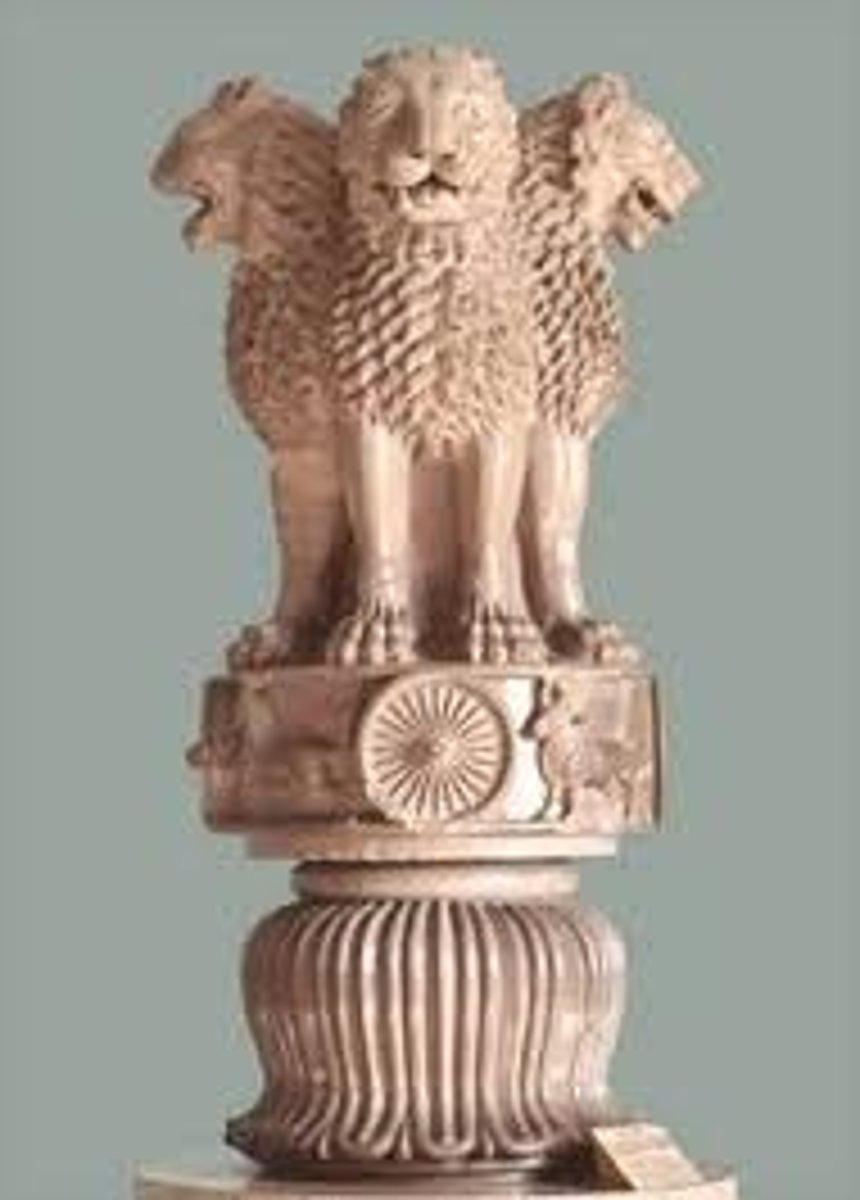
Caesar Augustus
The great-nephew and adopted son of Julius Caesar who emerged as sole ruler of the Roman state at the end of an extended period of civil war (r. 31 B.C.E.-14 C.E.).
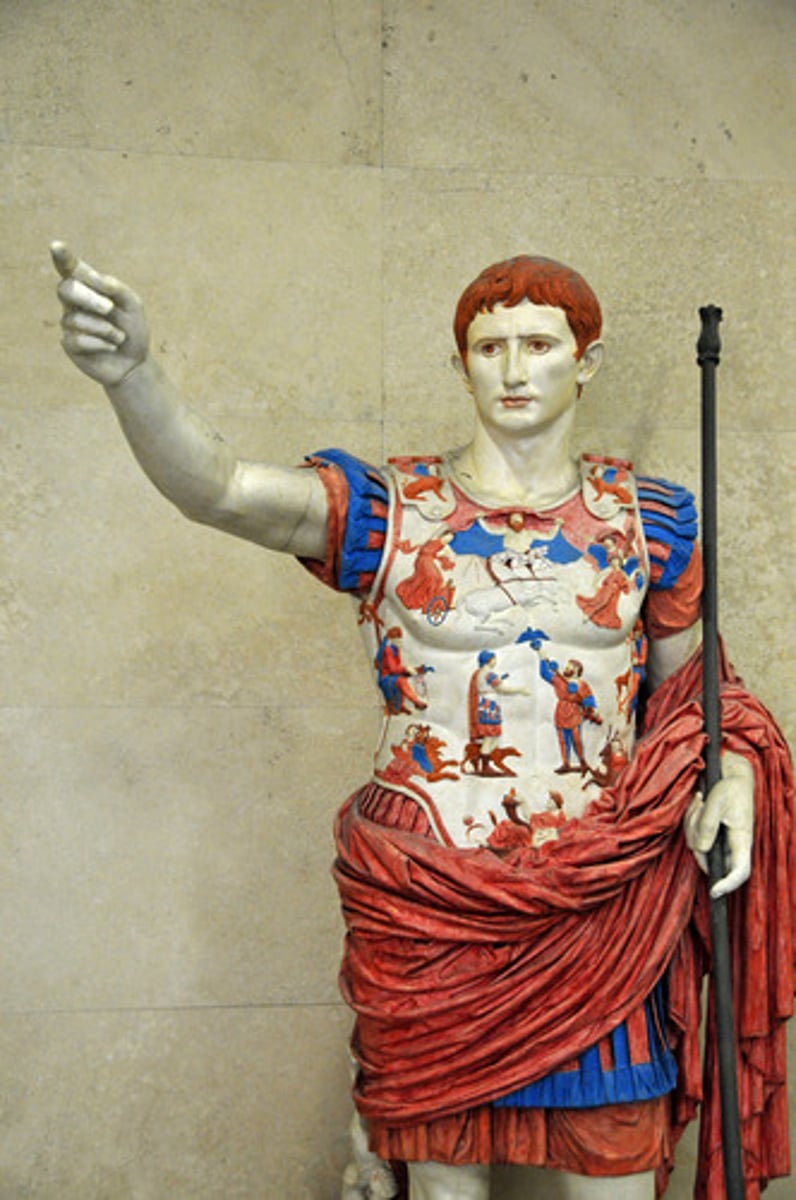
Cyrus (the Great)
Founder of the Persian Empire (r. 557-530 B.C.E.); a ruler noted for his conquests, religious tolerance, and political moderation.
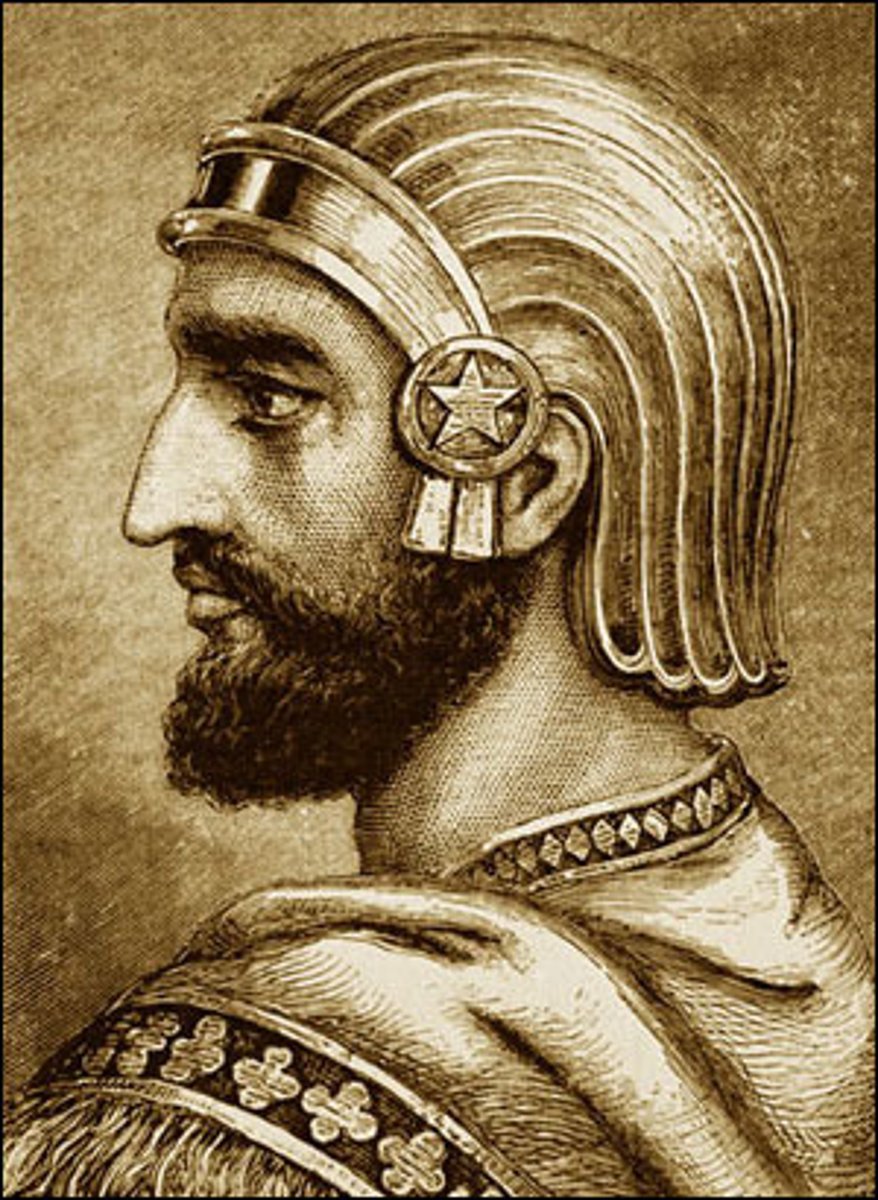
Darius I
Great king of Persia (r. 522-486 B.C.E.) following the upheavals after Cyrus's death; completed the establishment of the Persian Empire.
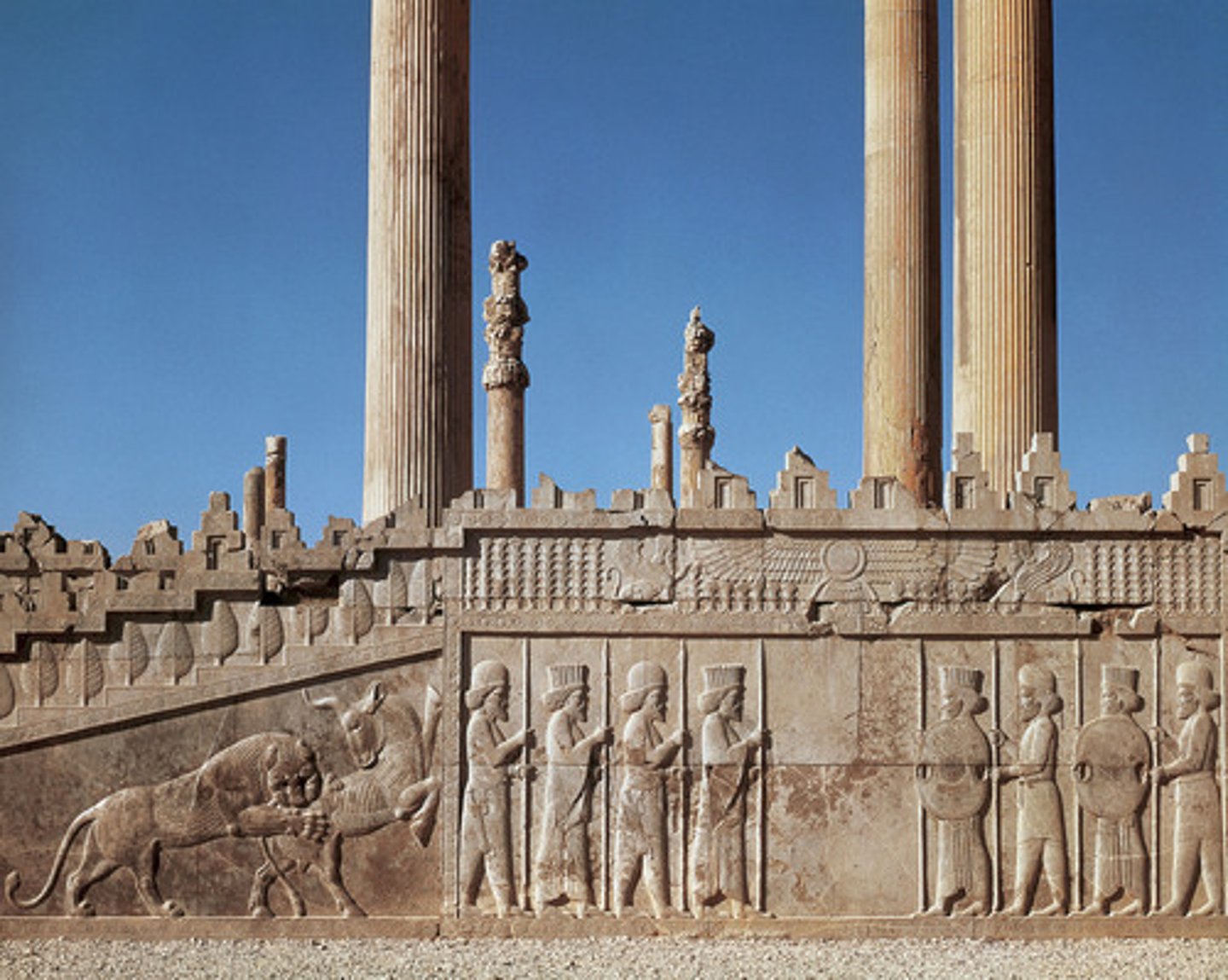
Greco-Persian Wars
Two major Persian invasions of Greece, in 490 B.C.E. and 480 B.C.E., in which the Persians were defeated on both land and sea.
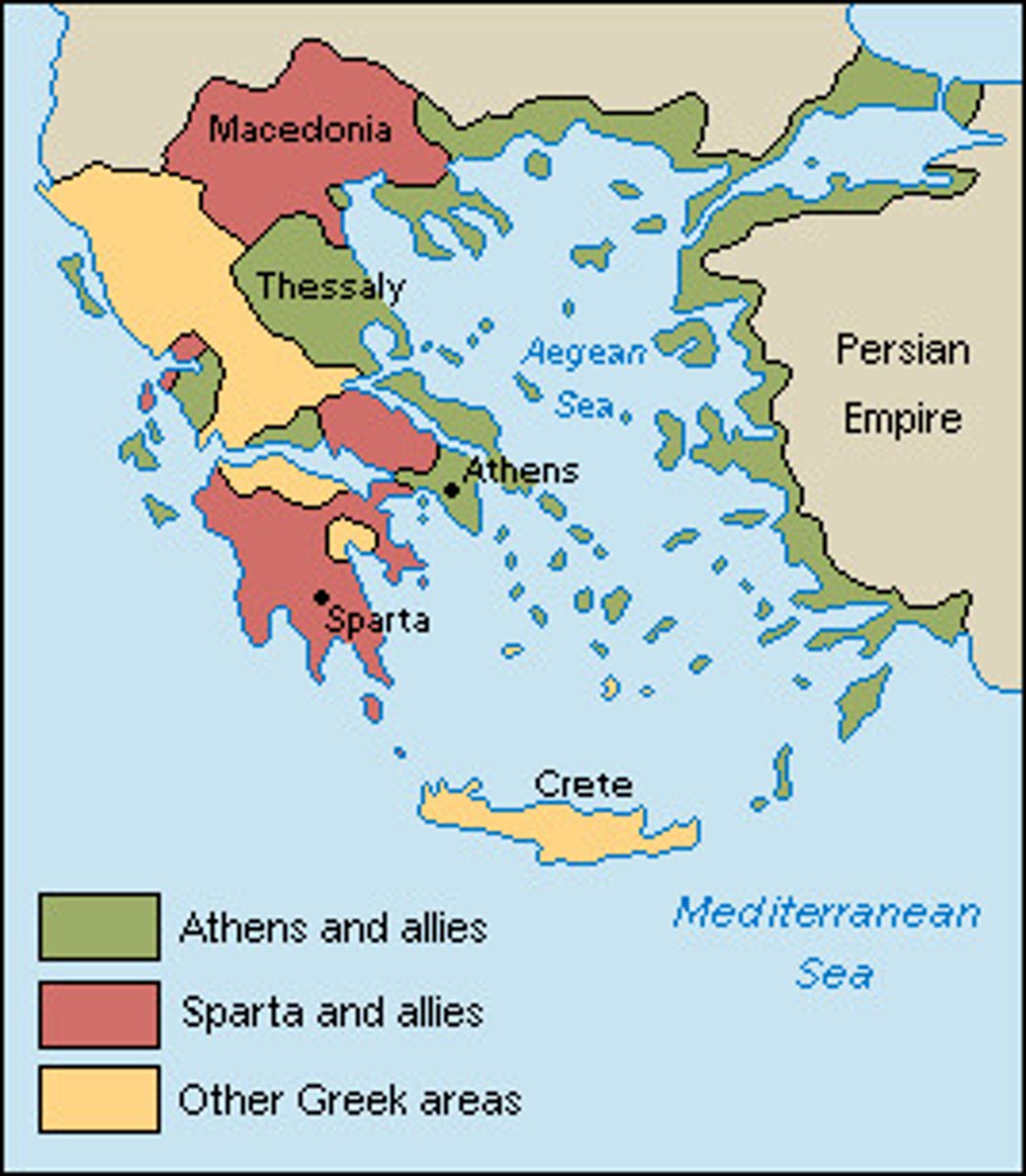
Gupta Empire
An empire of India (320-550 C.E.).
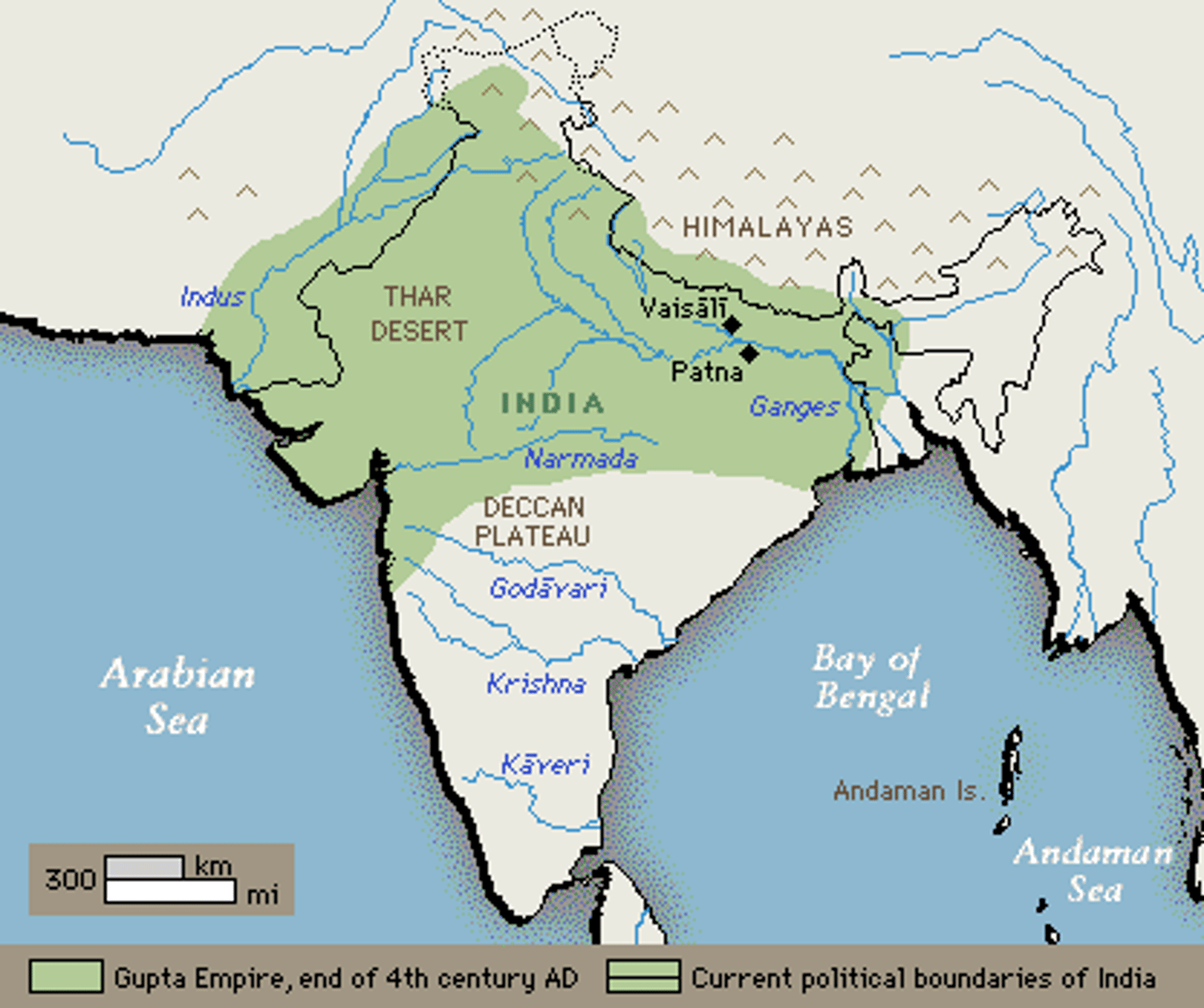
Han dynasty
Chinese dynasty that restored unity in China softened legalist policies. Begun in 202 B.C. by Liu Bang, the Han ruled China for more than 400 years.
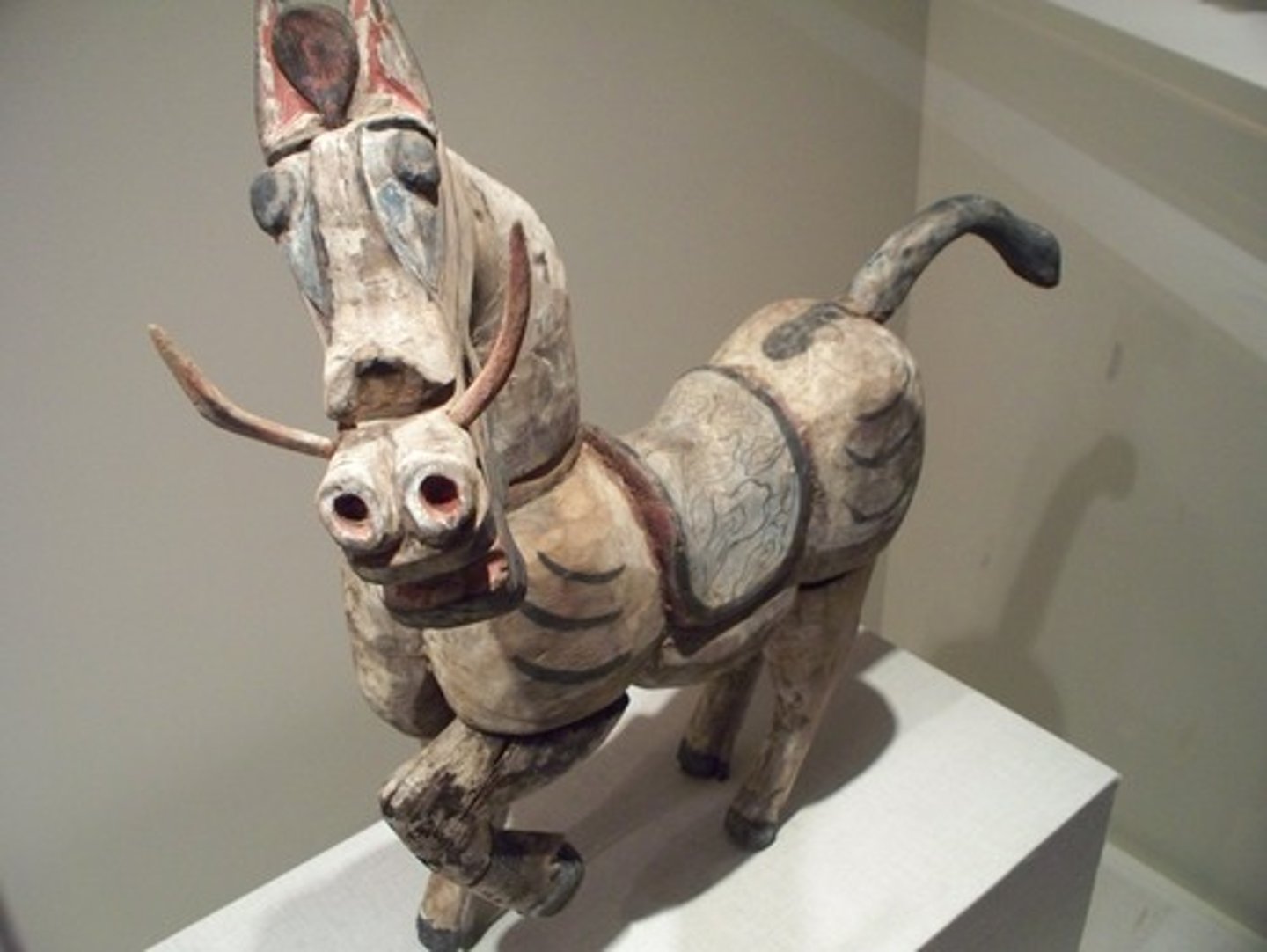
Hellenistic era
The period from 323 to 30 B.C.E. in which Greek culture spread widely in Eurasia in the kingdoms ruled by Alexander's political successors.
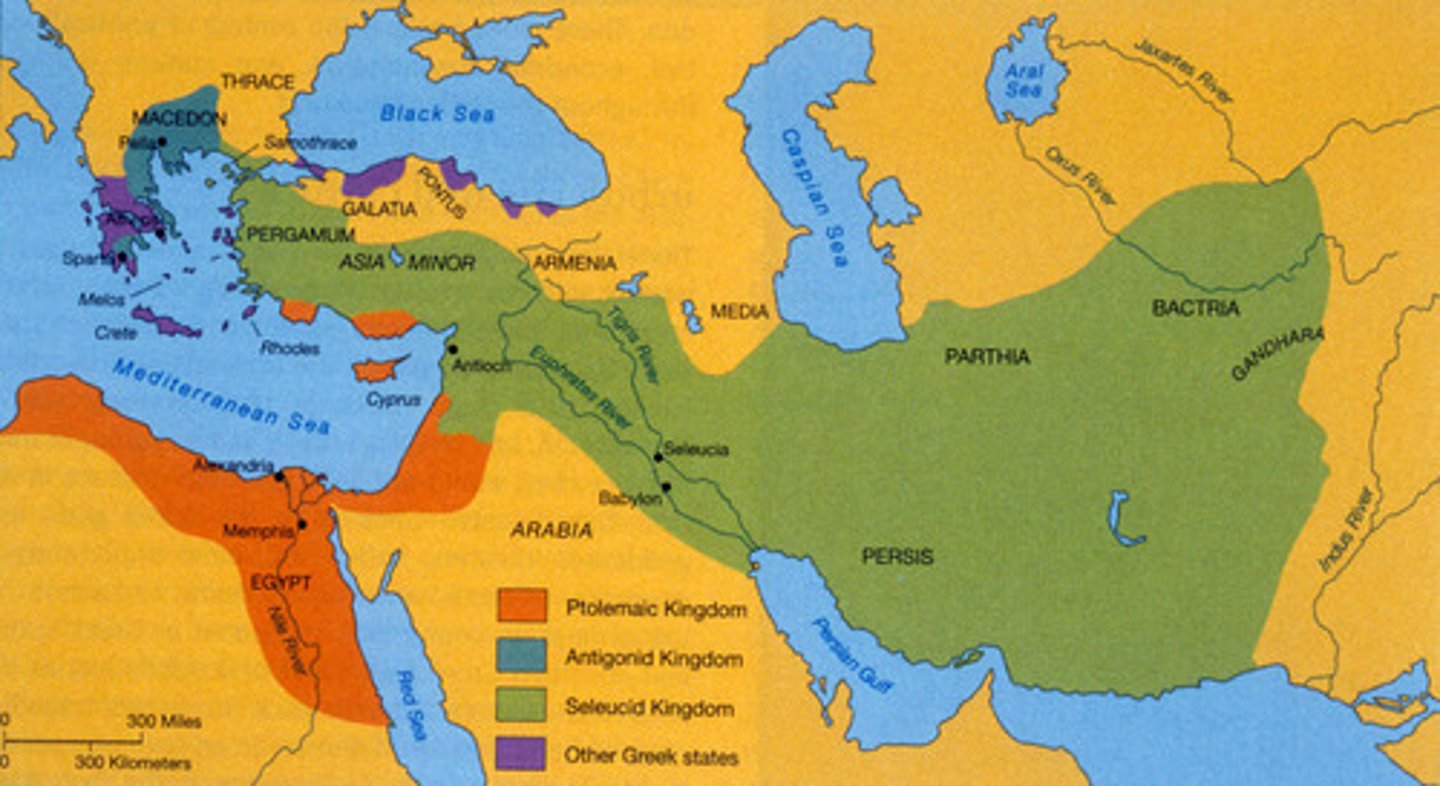
Herodotus
Greek historian known as the "father of history" (ca. 484-ca. 425 B.C.E.). His Histories enunciated the Greek view of a fundamental divide between East and West, culminating in the Greco-Persian Wars of 490-480 B.C.E.
hoplite
A heavily armed Greek infantryman. Over time, the ability to afford a military wares and to
fight for the city came to define Greek citizenship.
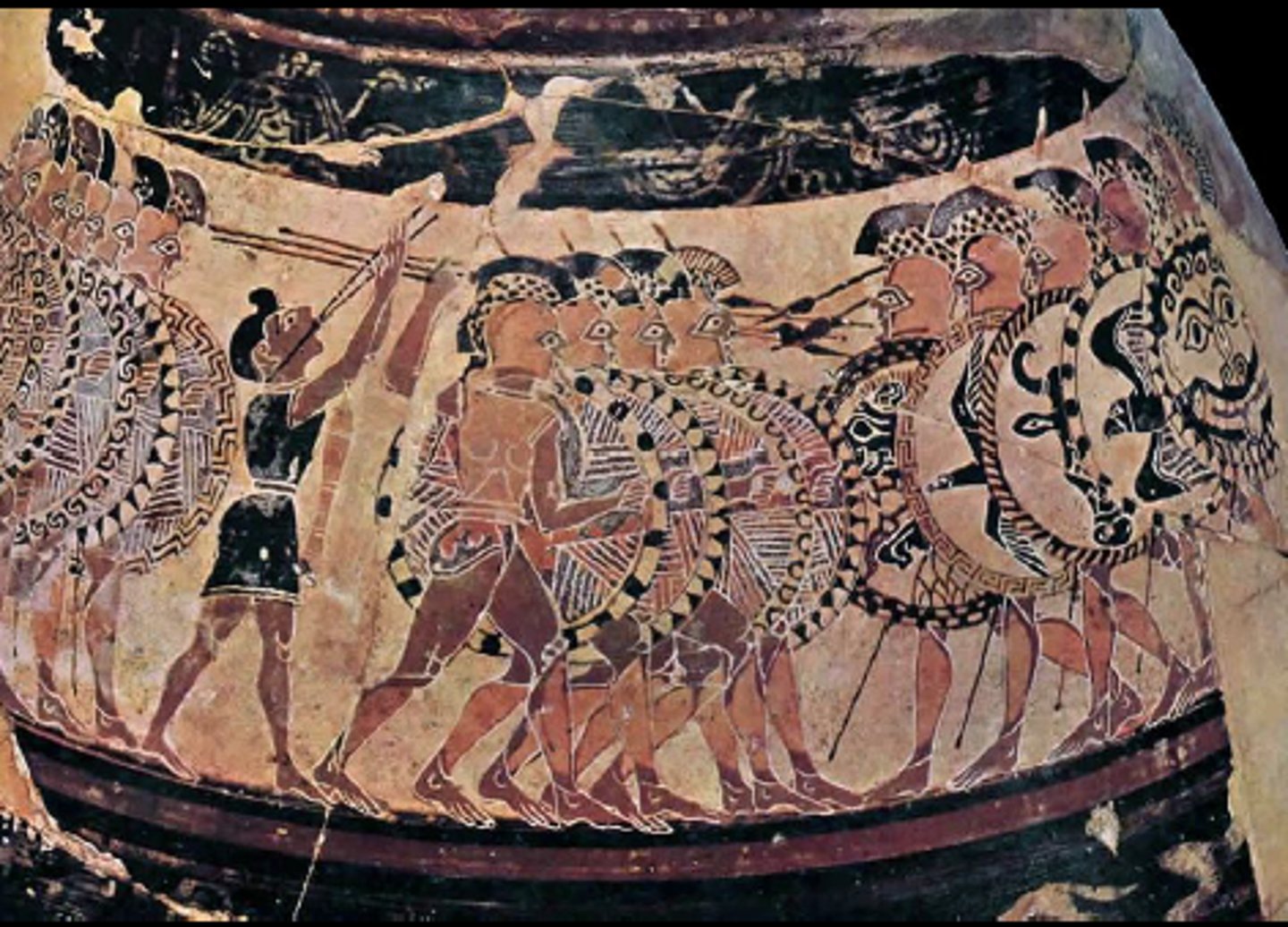
Ionia
The territory of Greek settlements on the coast of Anatolia; the main bone of contention between the Greeks and the Persian Empire.
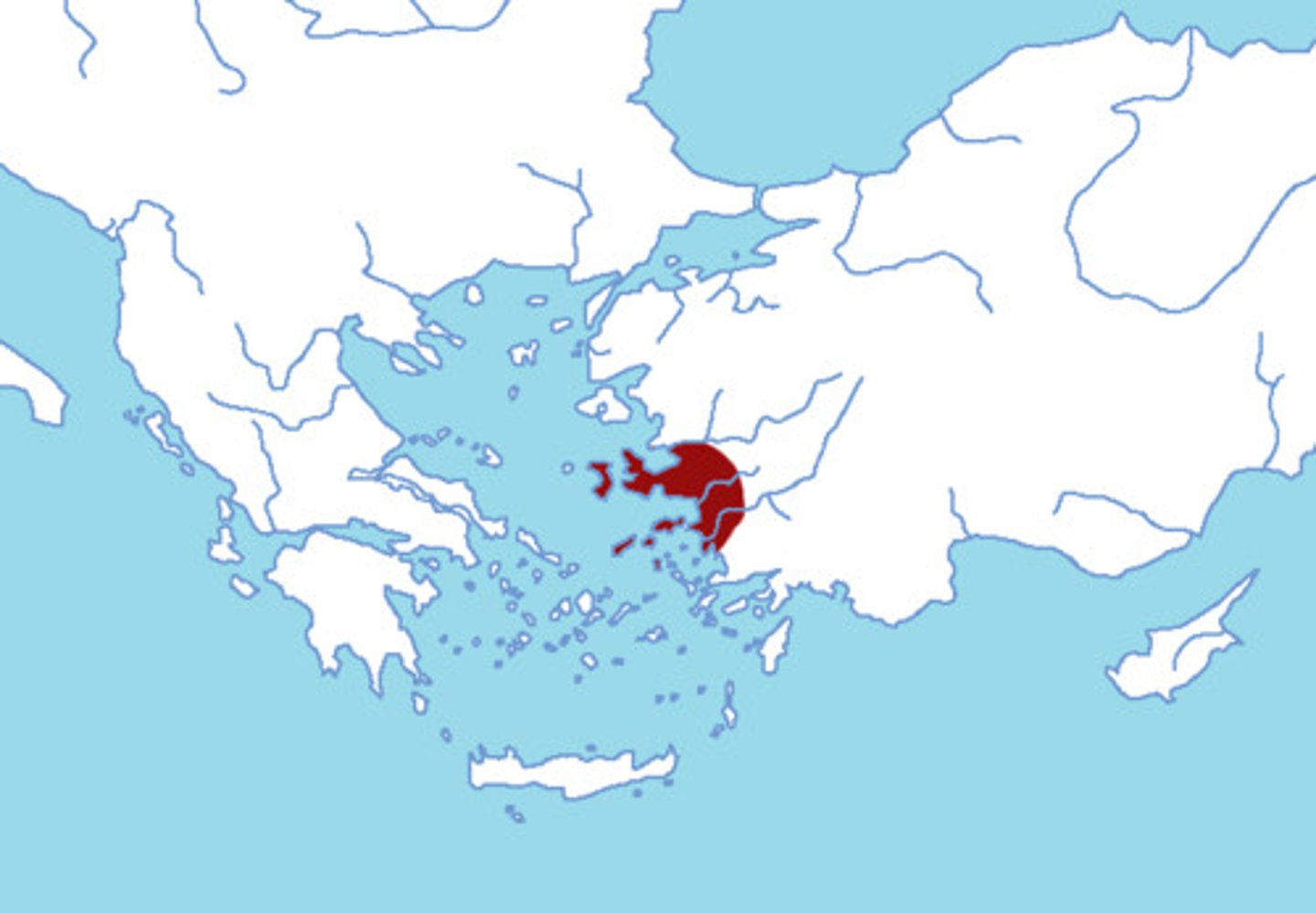
Mandate of Heaven
The ideological underpinning of Chinese emperors, this was the belief that a ruler held authority by command of divine force as long as he ruled morally and benevolently.
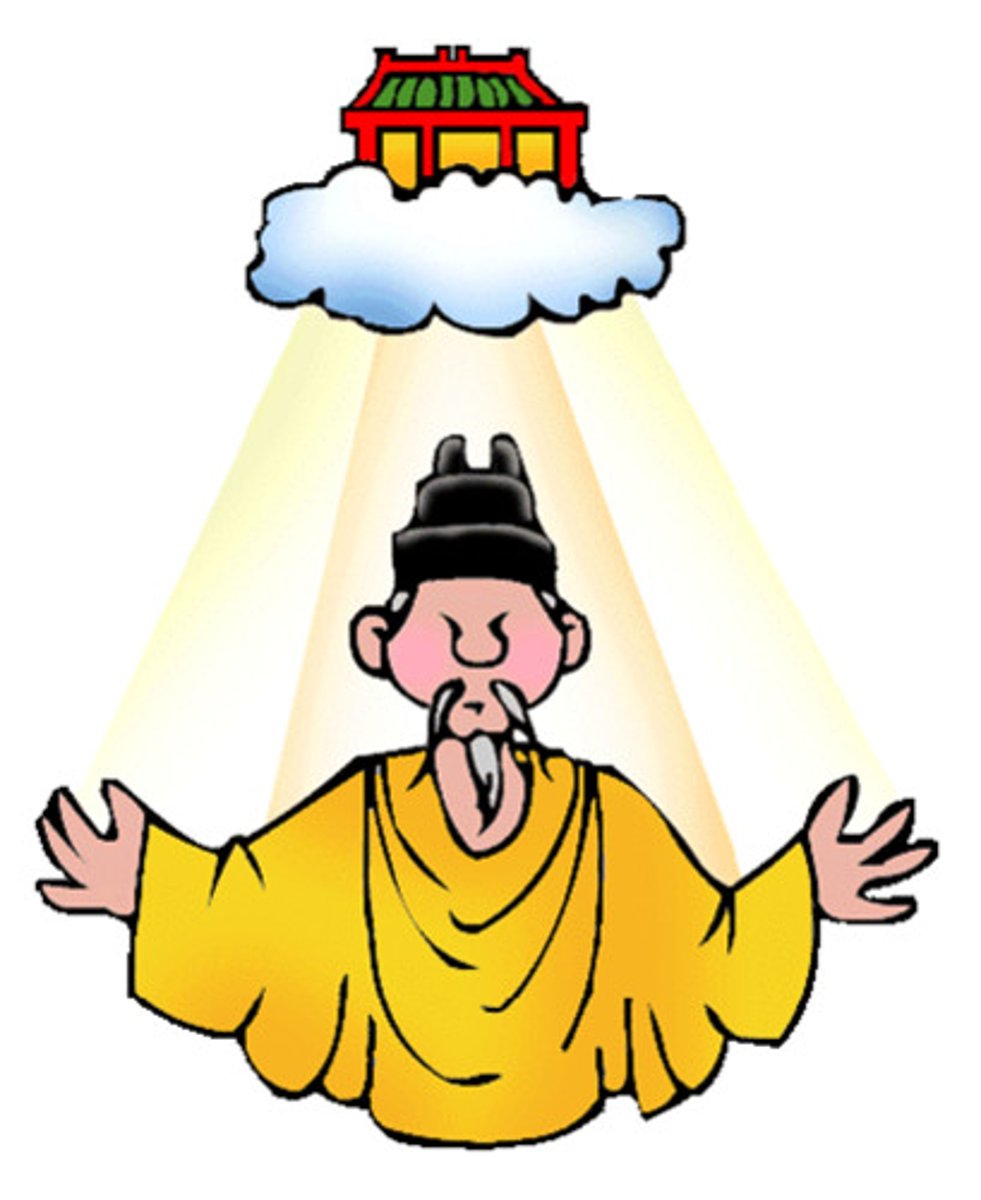
Battle of Marathon
Athenian victory over a Persian invasion in 490 B.C.E.
Mauryan Empire
A major empire (322-185 B.C.E.) that encompassed most of India.
Patricians
Wealthy, privileged Romans who dominated early Roman society.
Pax Romana
The "Roman peace," a term typically used to denote the stability and prosperity of the early Roman Empire, especially in the first and second centuries C.E.
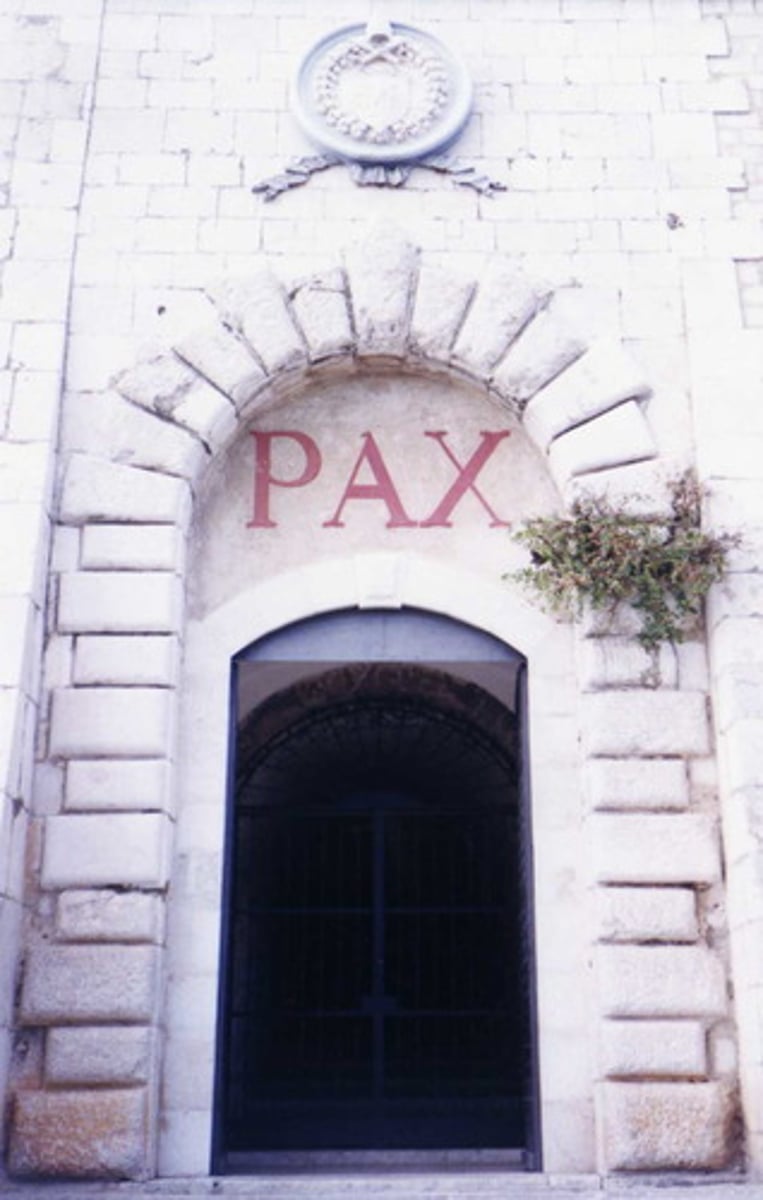
Peloponnesian War
Great war between Athens (and allies) and Sparta (and allies), lasting from 431 to 404 B.C.E. The conflict ended in the defeat of Athens and the closing of Athens's Golden Age.
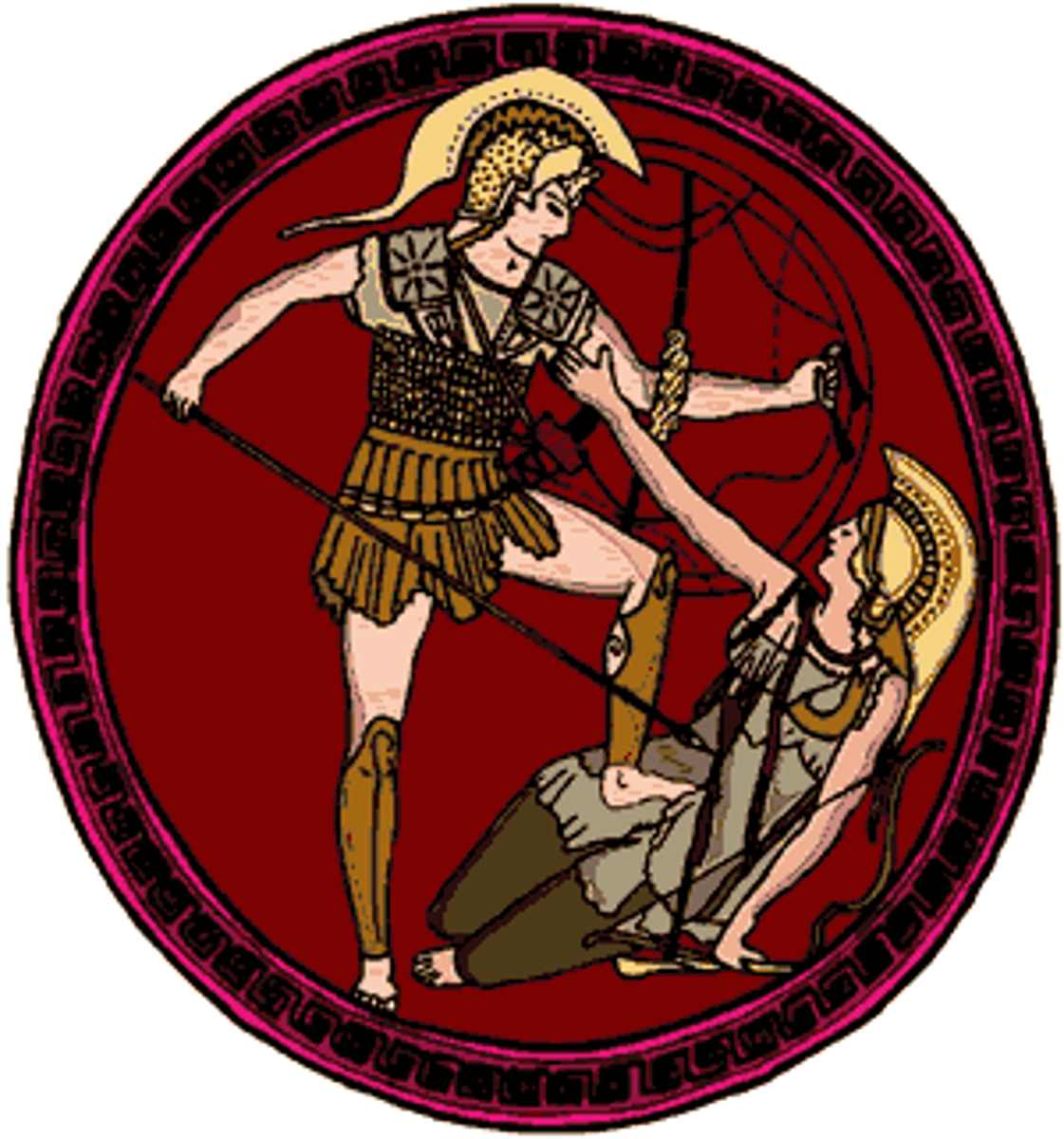
Persepolis
The capital and greatest palace-city of the Persian Empire, destroyed by Alexander the Great.
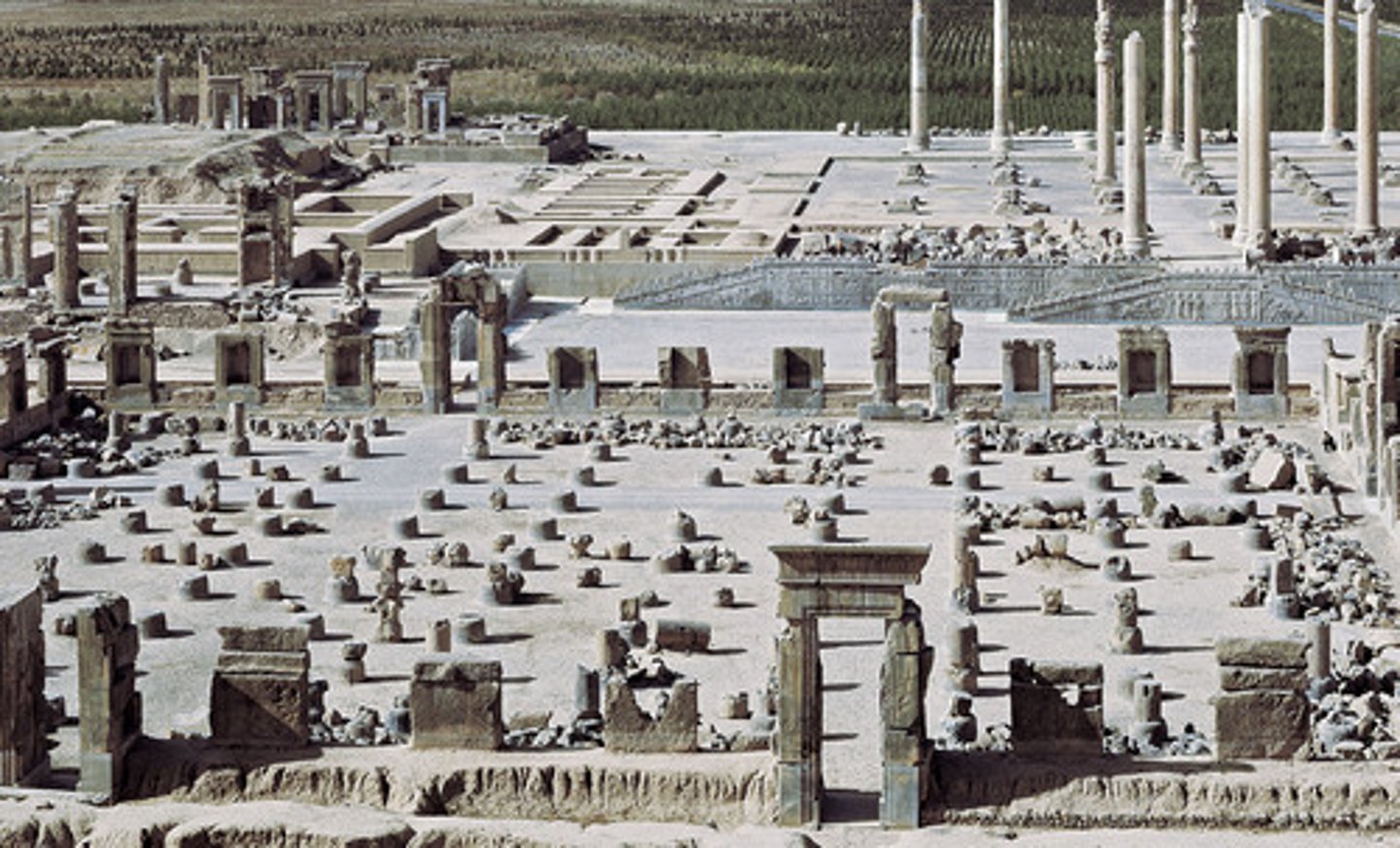
Persian Empire
A major empire that expanded from the Iranian plateau to incorporate the Middle East from Egypt to India; flourished from around 550 to 330 B.C.E.
Plebians
Poorer, less privileged Romans who gradually won a role in Roman politics.
Punic Wars
Three major wars between Rome and Carthage in North Africa, fought between 264 and 146 B.C.E., that culminated in Roman victory and control of the western Mediterranean.
Qin Dynasty
A short-lived (221-206 B.C.E.) but highly influential Chinese dynasty that succeeded in reuniting China at the end of the Warring States period.
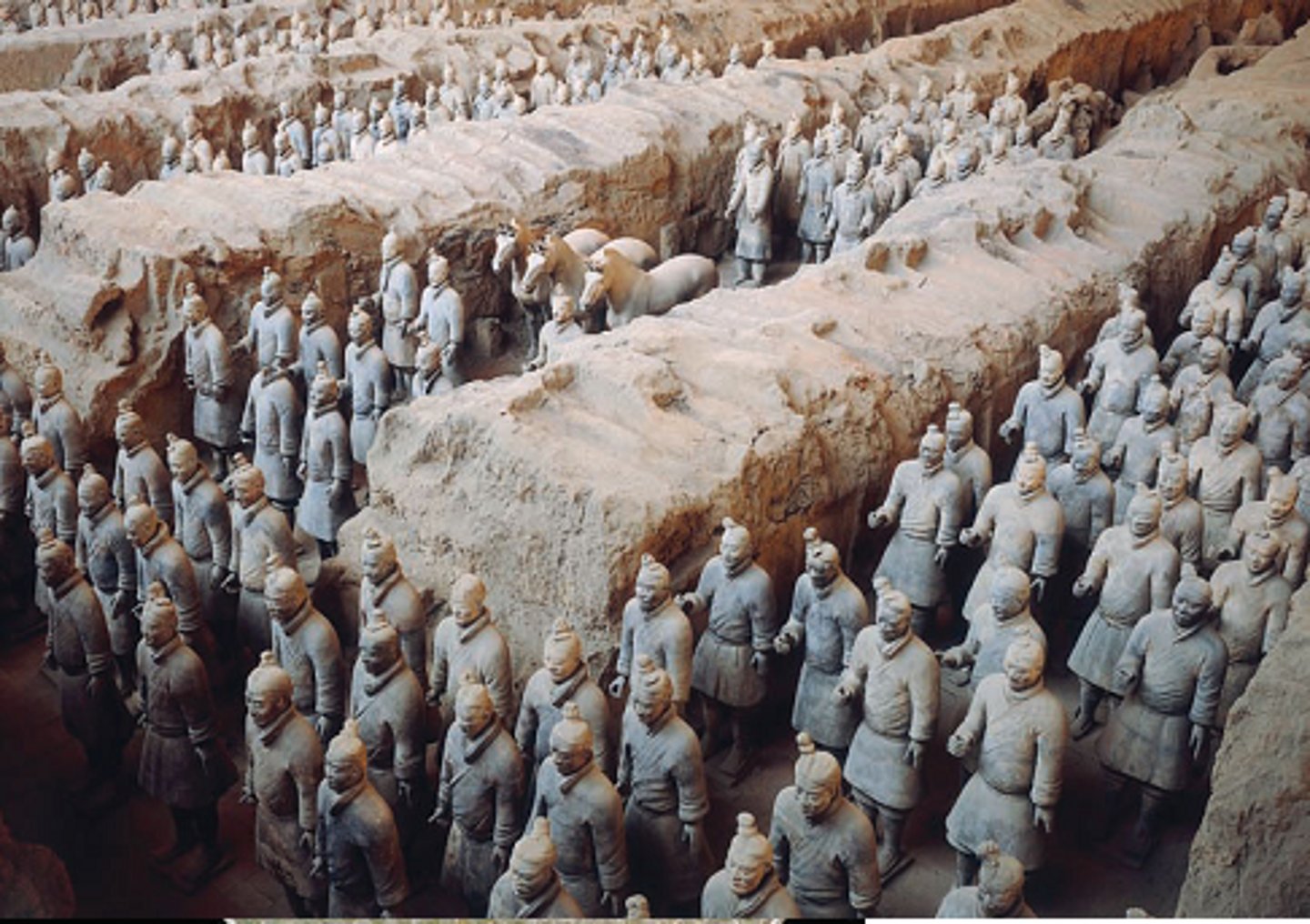
Qin Shihuangdi
Literally "first emperor" (r. 221-210 B.C.E.) forcibly
reunited China and established a strong and repressive state.
Solon
Athenian statesman and lawmaker (fl. 594-560 B.C.E.) whose reforms led the Athenians toward democracy.
Wudi
Han emperor (r. 141-86 B.C.E.) who began the Chinese civil service system by establishing an academy to train imperial bureaucrats.
Xiongnu
Nomadic peoples to the north of the Great Wall of China who were a frequent threat to the stability of the Chinese state.
Aristotle
A Greek polymath philosopher (384-322 B.C.E.); student of Plato and teacher of Alexander the Great.
Atman
The human soul, which in classic Hindu belief seeks union with Brahman.
Bhagavad Gita
A great Hindu epic text, part of the much larger Mahabharata, which affirms the performance of caste duties as a path to religious liberation.
Brahman
The "World Soul" or final reality in upanishadic Hindu belief.
Brahmins
The priestly caste of India.
Buddhism
The cultural/religious tradition first enunciated by Siddhartha Gautama
Confucianism
The Chinese philosophy first enunciated by Confucius, advocating the moral example of superiors as the key element of social order.
Confucius
The founder of Confucianism (551-479 B.C.E.); an aristocrat of northern China who proved to be the greatest influence on Chinese culture in its history.
Constantine
Roman emperor (r. 306-337 C.E.) whose conversion to Christianity paved the way for the triumph of Christianity in Europe.
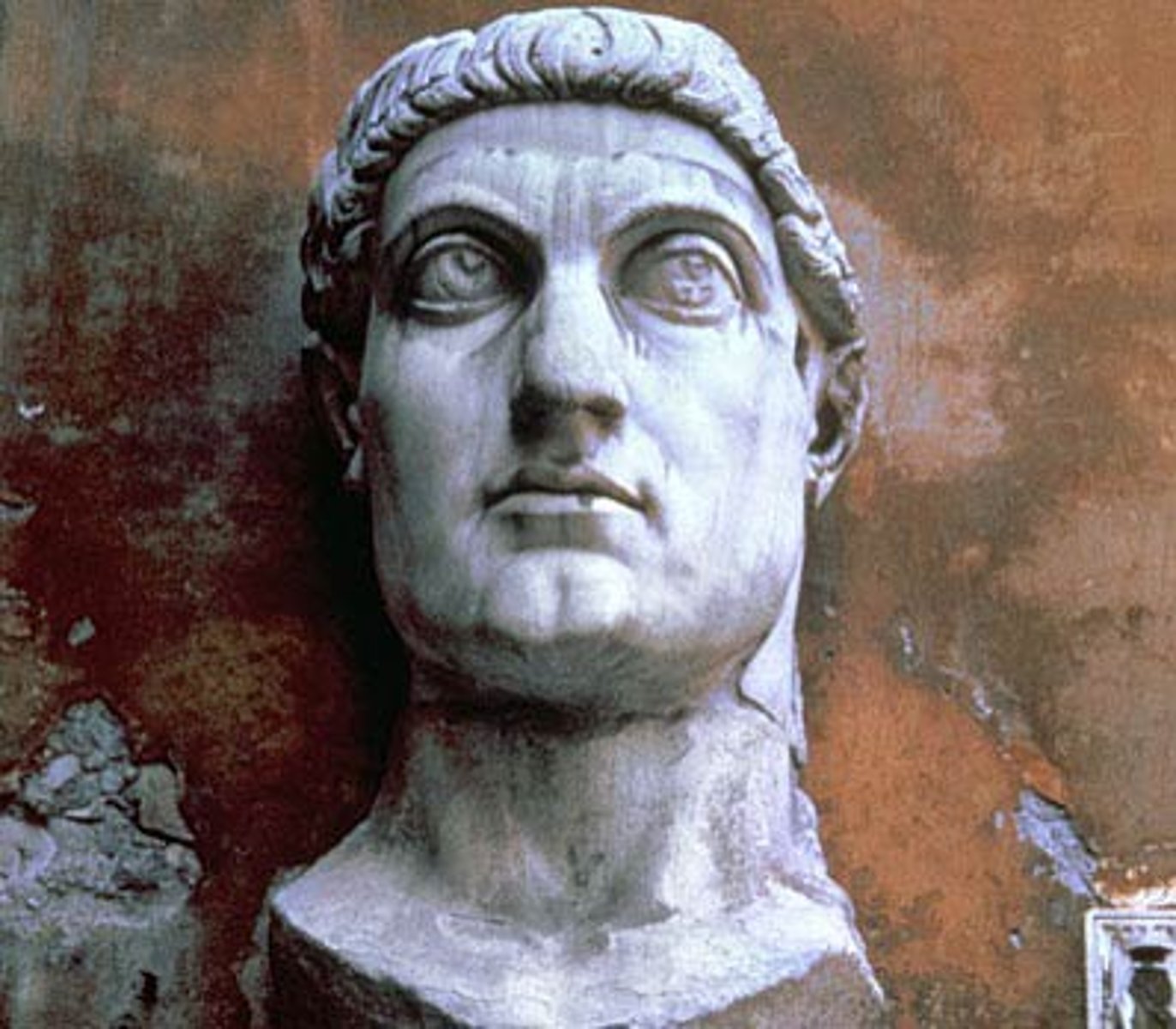
Daodejing
The central text of Daoism; translated as The Way and Its Power.
Daoism
A Chinese philosophy/popular religion that advocates simplicity and understanding of the world of nature, founded by the legendary figure Laozi.
Filial piety
The honoring of one's ancestors and parents, a key element of Confucianism.
Greek rationalism
A secularizing system of scientific and philosophic thought that developed in classical Greece in the period 600 to 300 B.C.E.; it emphasized the power of education and human reason to understand the world in nonreligious terms.
Hinduism
A word derived from outsiders to describe the vast diversity of indigenous Indian religious traditions.
Hippocrates
A very influential Greek medical theorist (ca. 460-ca. 370 B.C.E.); regarded as the father of medicine.
Jesus of Nazareth
The prophet/god of Christianity(ca. 4 B.C.E.-ca. 30 C.E.).
Yahweh
A form of the Hebrew name of God used in the Bible. The monotheistic religion developed by the Hebrews, emphasizing a sole personal god with concerns for social justice.
Karma
In Hinduism, the determining factor of the level at which the individual is reincarnated, based
on purity of action and fulfillment of duty in the prior existence.

Laozi
A legendary Chinese philosopher of the sixth century B.C.E.; regarded as the founder of Daoism.
Legalism
A Chinese philosophy distinguished by an adherence to clear laws with vigorous punishments.
Mahayana
"Great Vehicle," the popular development of Buddhism in the early centuries of the Common Era, which gives a much greater role to supernatural beings and proved to be more popular than original (Theravada) Buddhism.
Moksha
In Hindu belief, liberation from separate existence and union with Brahman.
Nirvana
The end goal of Buddhism, in which individual identity is "extinguished" into a state of serenity and great compassion.
Plato
A disciple of Socrates whose Dialogues convey the teachings of his master while going beyond them to express Plato's own philosophy; lived from 429 to 348 B.C.E.
Pythagoras
A major Greek philosopher (ca. 560-ca. 480 B.C.E.) who believed that an unchanging mathematical order underlies the apparent chaos of the world.
Siddhartha Gautama (the Buddha)
The Indian prince turned ascetic (ca. 566-ca. 486 B.C.E.) who founded Buddhism.
Socrates
The first great Greek philosopher to turn rationalism toward questions of human existence (469-399 B.C.E.).
Theravada
"The Teaching of the Elders," the early form of Buddhism according to which the Buddha as a wise teacher but not divine and which emphasizes practices rather than beliefs.
Upanishads
Indian mystical and philosophical works, written between 800 and 400 B.C.E.
Vedas
The earliest religious texts of India, a collection of ancient poems, hymns, and rituals that were transmitted orally before being written down ca. 600 B.C.E.
Warring States Period
Period in China from 403 to 221 B.C.E. that was typified by disorder and political chaos.
Yin and Yang
Expression of the Chinese belief in the unity of opposites.
Zarathustra
A Persian prophet, traditionally dated to the sixth or seventh century B.C.E. (but perhaps much older), who founded Zoroastrianism.
Zoroastrianism
Persian monotheistic religion founded by the prophet Zarathustra.
caste as varna and jati
The system of social organization in India that has evolved over millennia; it is based on an original division of the populace into four inherited classes, with the addition of thousands of social distinctions based on occupation, which became the main cell of social life in India.
dharma
In Indian belief, performance of the duties appropriate to an individual's caste; good performance will lead to rebirth in a higher caste.
helots
The dependent, semi-enslaved class of ancient Sparta whose social discontent prompted the militarization of Spartan society.
Kshatriya
The Indian social class of warriors and rulers.
latifundia
Huge estates operated by slave labor that flourished in parts of the Roman Empire
Pericles
A prominent and influential statesman of ancient Athens (ca. 495-429 B.C.E.); presided over Athens's Golden Age.
scholar-gentry class
A term used to describe members of China's landowning families, reflecting their wealth from the land and the privilege that they derived as government officials.
Sudra
The lowest Indian social class of varna; regarded as servants of their social betters; eventually included peasant farmers
the "three submissions"
In Chinese Confucian thought, the notion that a woman is permanently subordinate to male control: first that of her father, then of her husband, and finally of her son.
Untouchables
An Indian social class that emerged below the Sudras and whose members performed the most unclean and polluting work.
Vaisya
The Indian social class that was originally defined as farmers but eventually comprised merchants.
Axum
Classical-era kingdom of East Africa, in present-day Eritrea and northern Ethiopia; flourished
from 100 to 600 C.E. and adopted Christianity.
Bantu expansion
Gradual migration of peoples from their homeland in what is now southern Nigeria and the Cameroons into most of eastern and southern Africa, a process that began around 3000 B.C.E. and continued for several millennia. The agricultural techniques and ironworking
technology of these farmers gave them an advantage over the gathering and hunting peoples they encountered.
Coptic Christianity
The Egyptian variety of Christianity, distinctive in its belief that Christ has only a single, divine nature.
Silk Road
Trade route stretching from China into Europe.
syncretism
a blending of beliefs and practices from different religions into one faith
monasticism
The lifestyle of a monk or nun, characterized by prayer and solitude